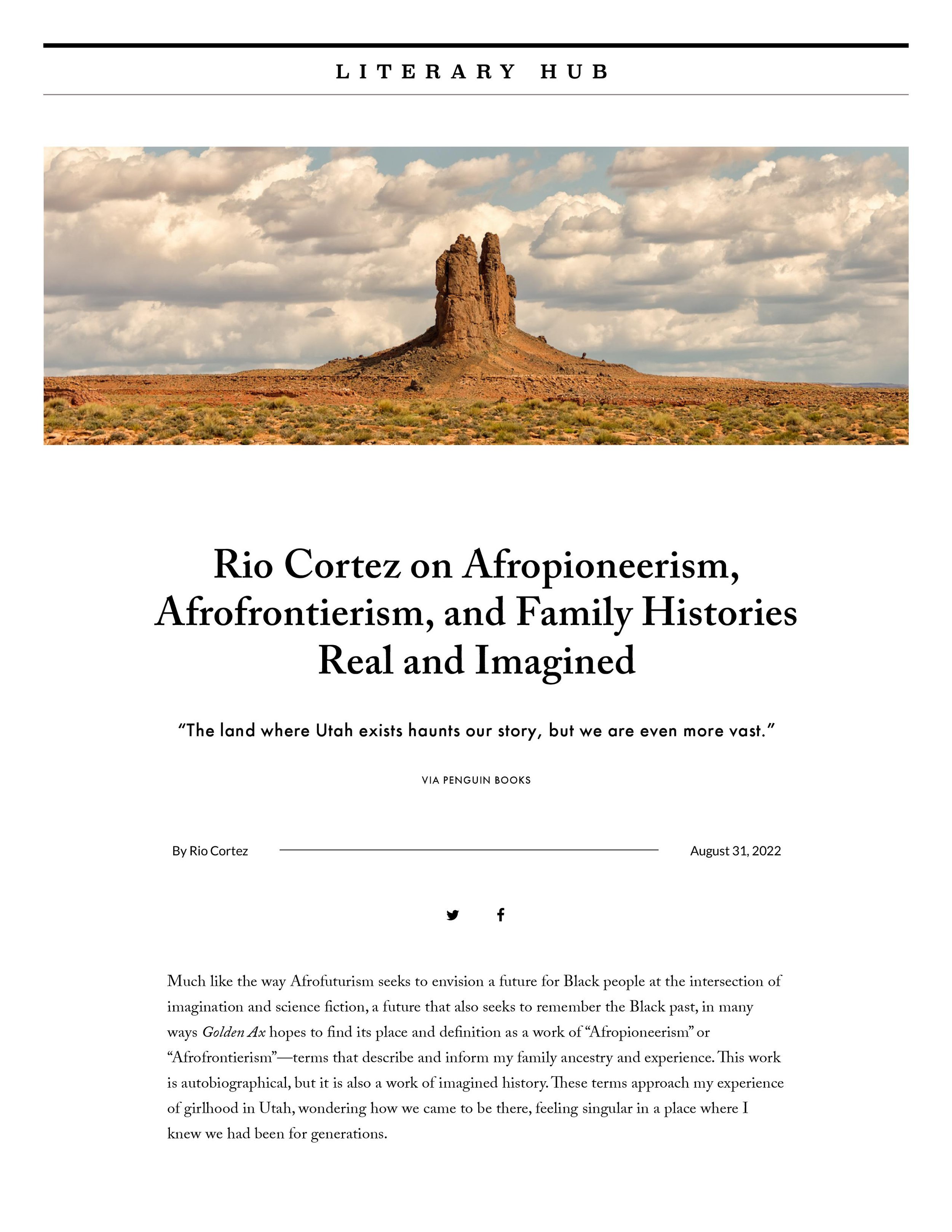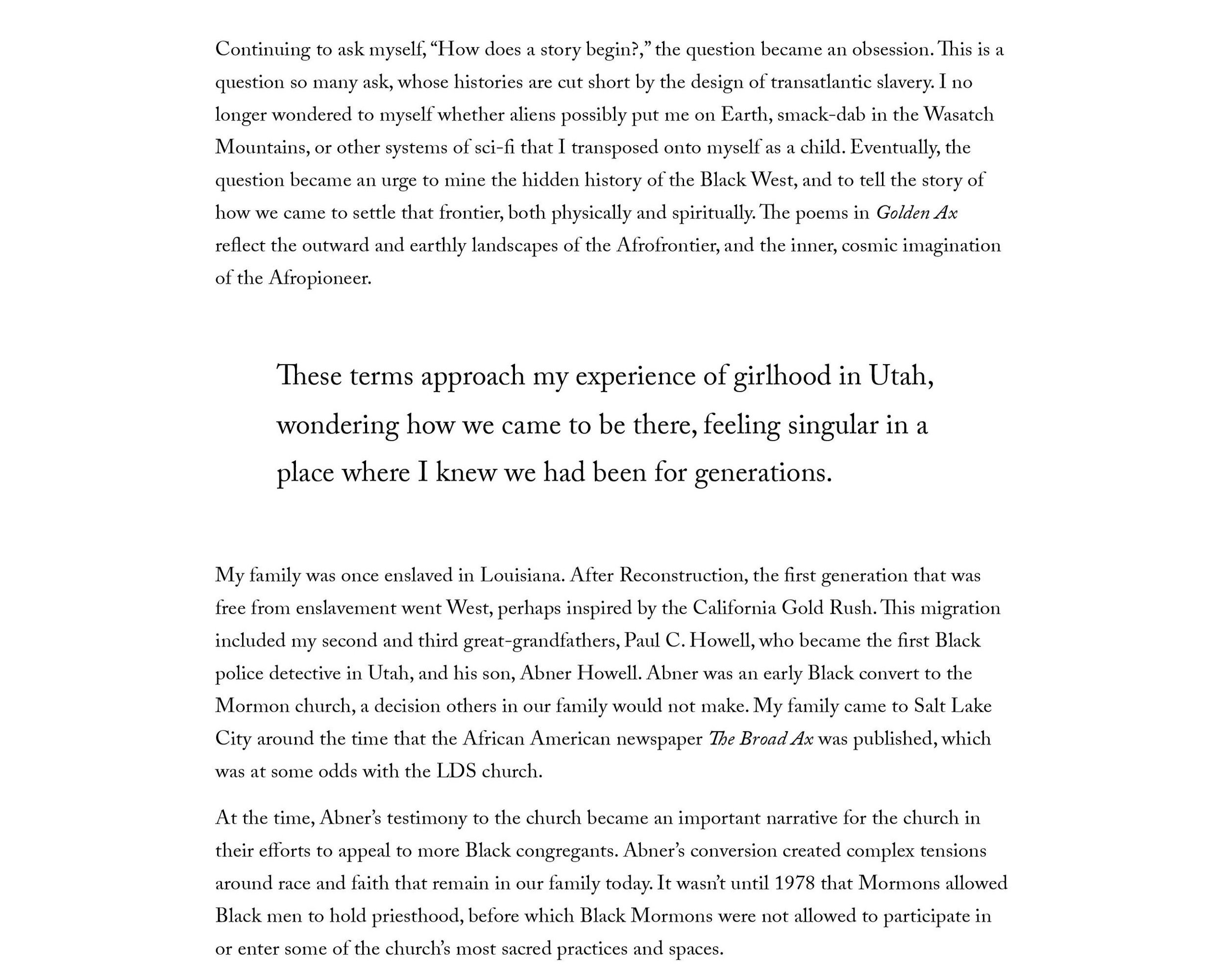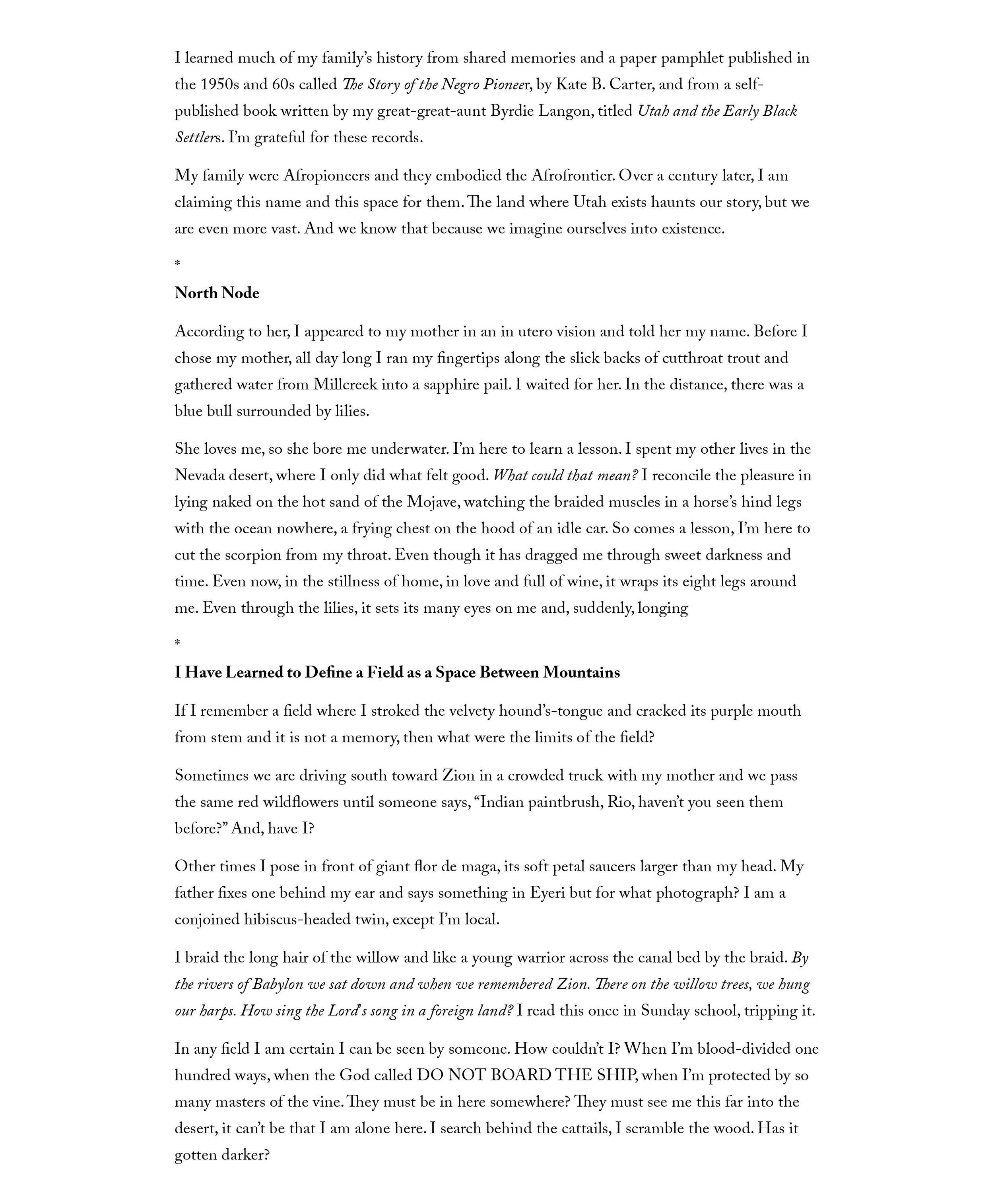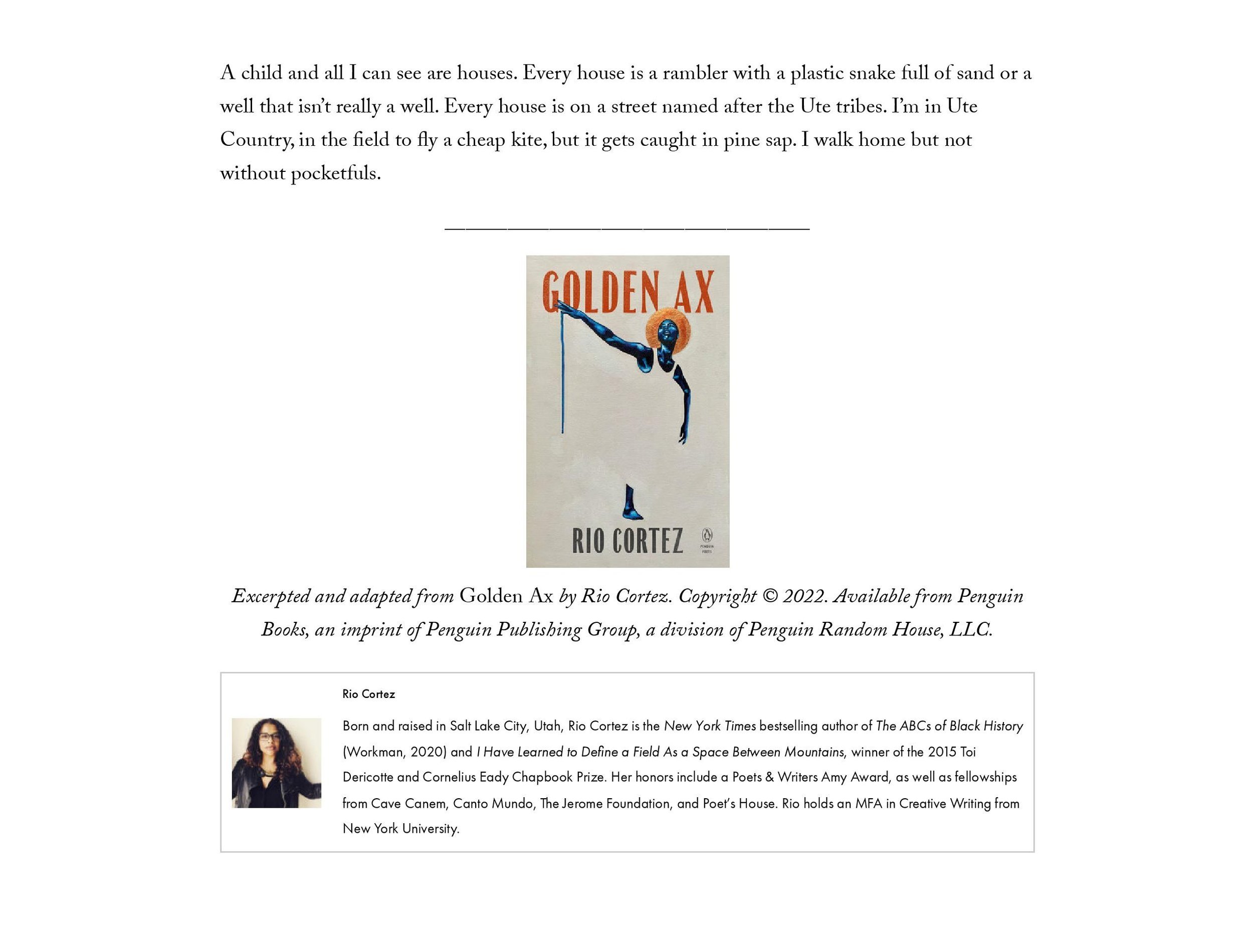Interviews with scholars of the American West about their new books.
In Blackdom, New Mexico: The Significance of the Afro-Frontier, 1900-1930 (Texas Tech University Press, 2023), Nelson weaves together the history of a particular place with philosophy, personal vulnerability, and the historiography of the American West to provide a unique account of the rise, decline, and continuance of Blackdom as both myth and reality. A unique book, Blackdom, New Mexico places Nelson as the storyteller front and center in the narrative, tracing his own life and family history growing up in Compton, California and training as a historian in New Mexico, and connecting these threads with the history of Black colonization along what he terms the Afro-Frontier. Blackdom, New Mexico is an excellent example of how even when the past seems dead in the past, its legacies and ghosts live on.
Your host: Dr. Stephen R. Hausmann is a Mellon Fellow with the National Park Service working for Mount Rushmore National Monument. Starting in 2025, he will begin teaching as an assistant professor of American environmental history at Appalachian State University.












